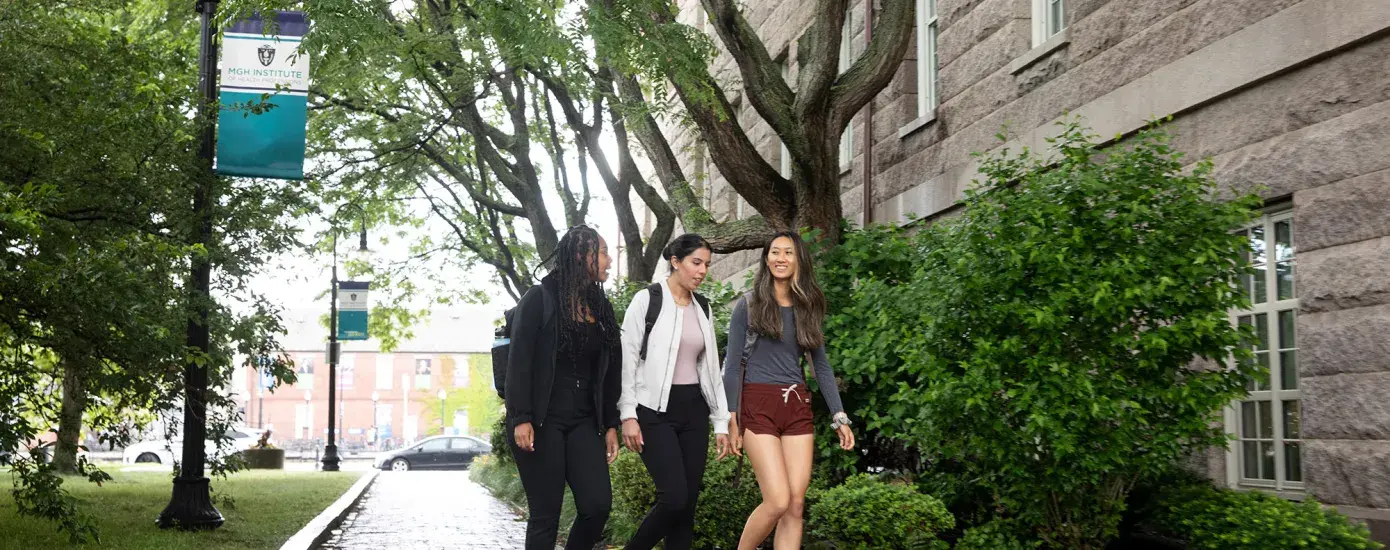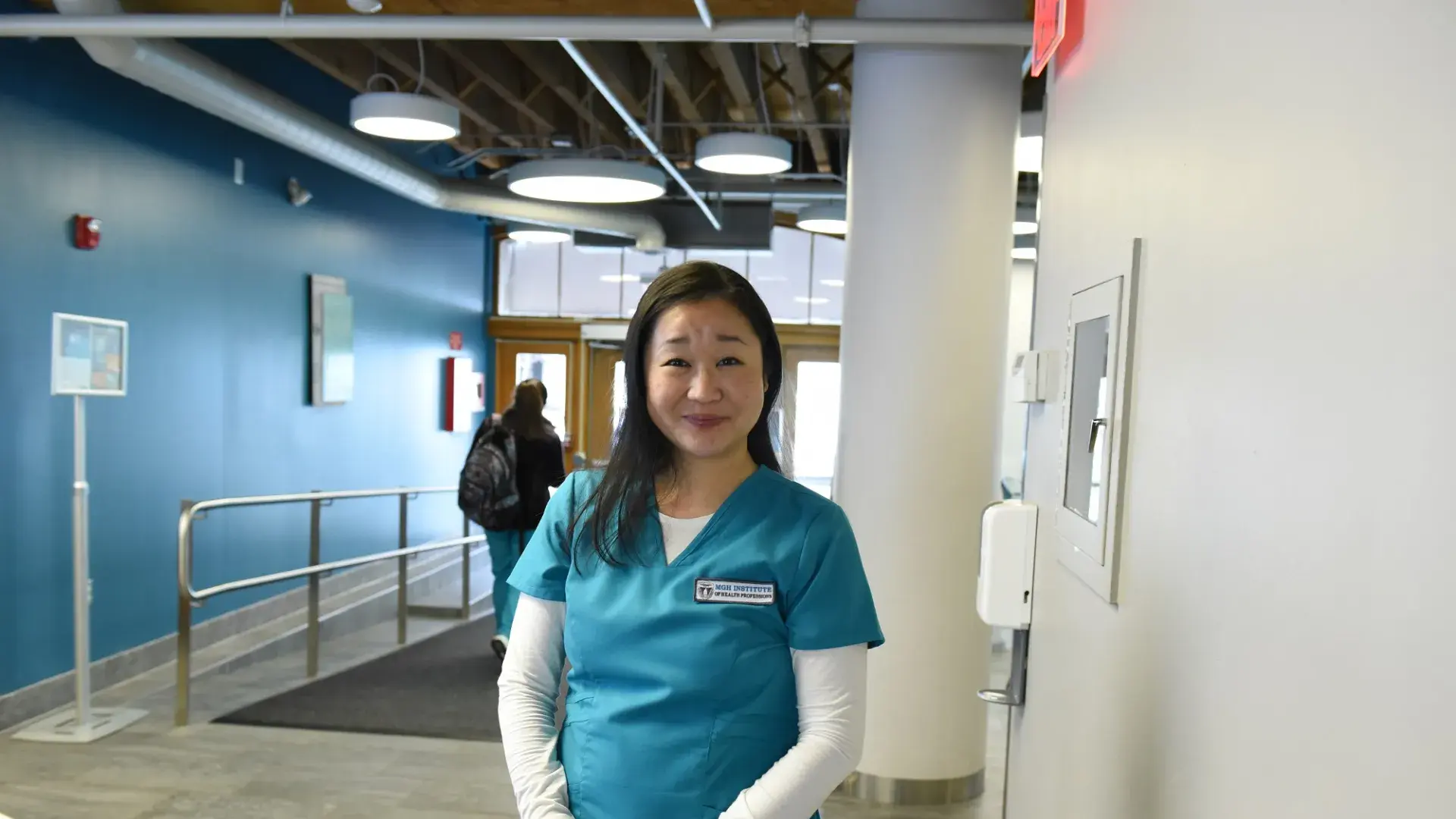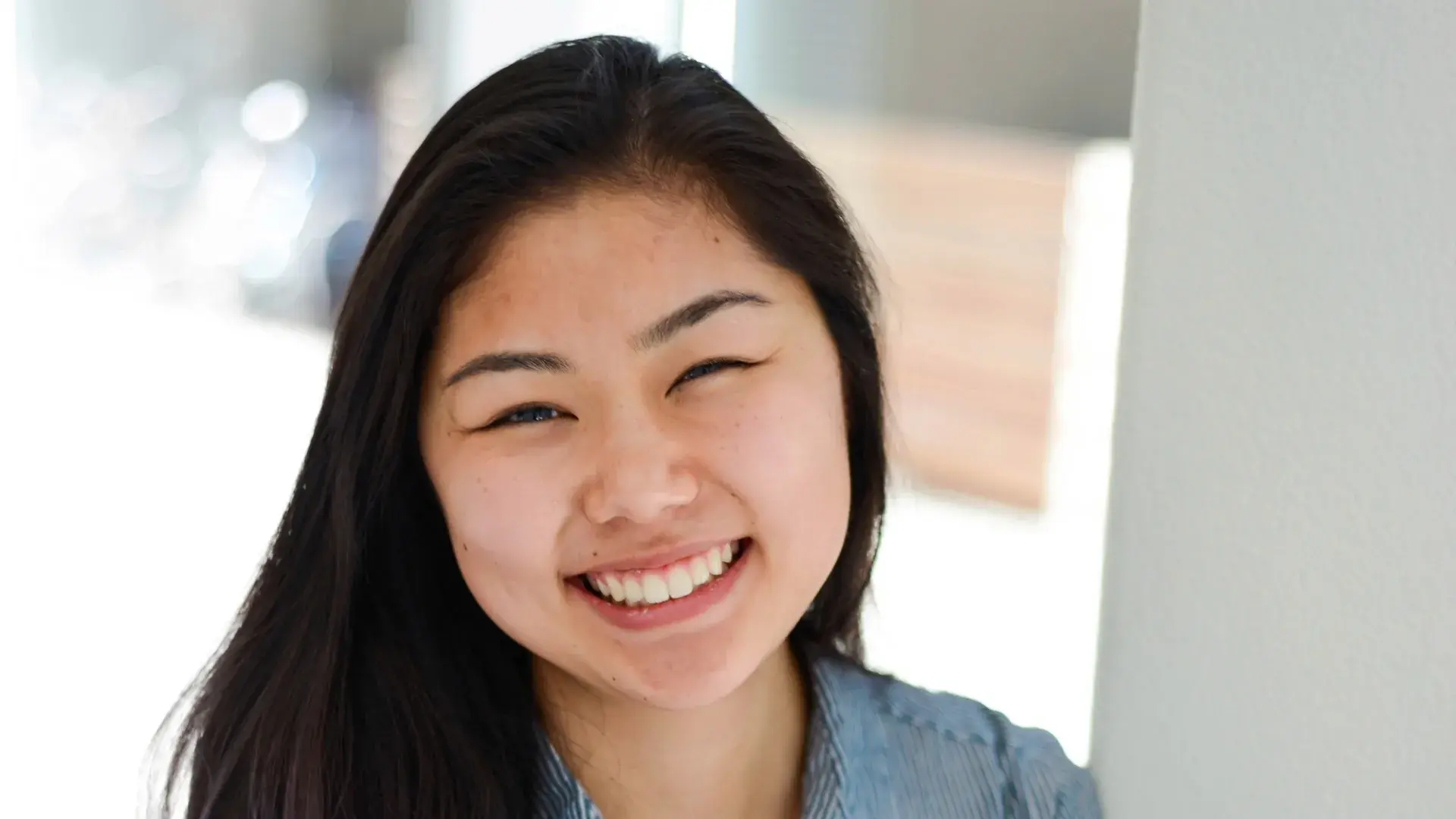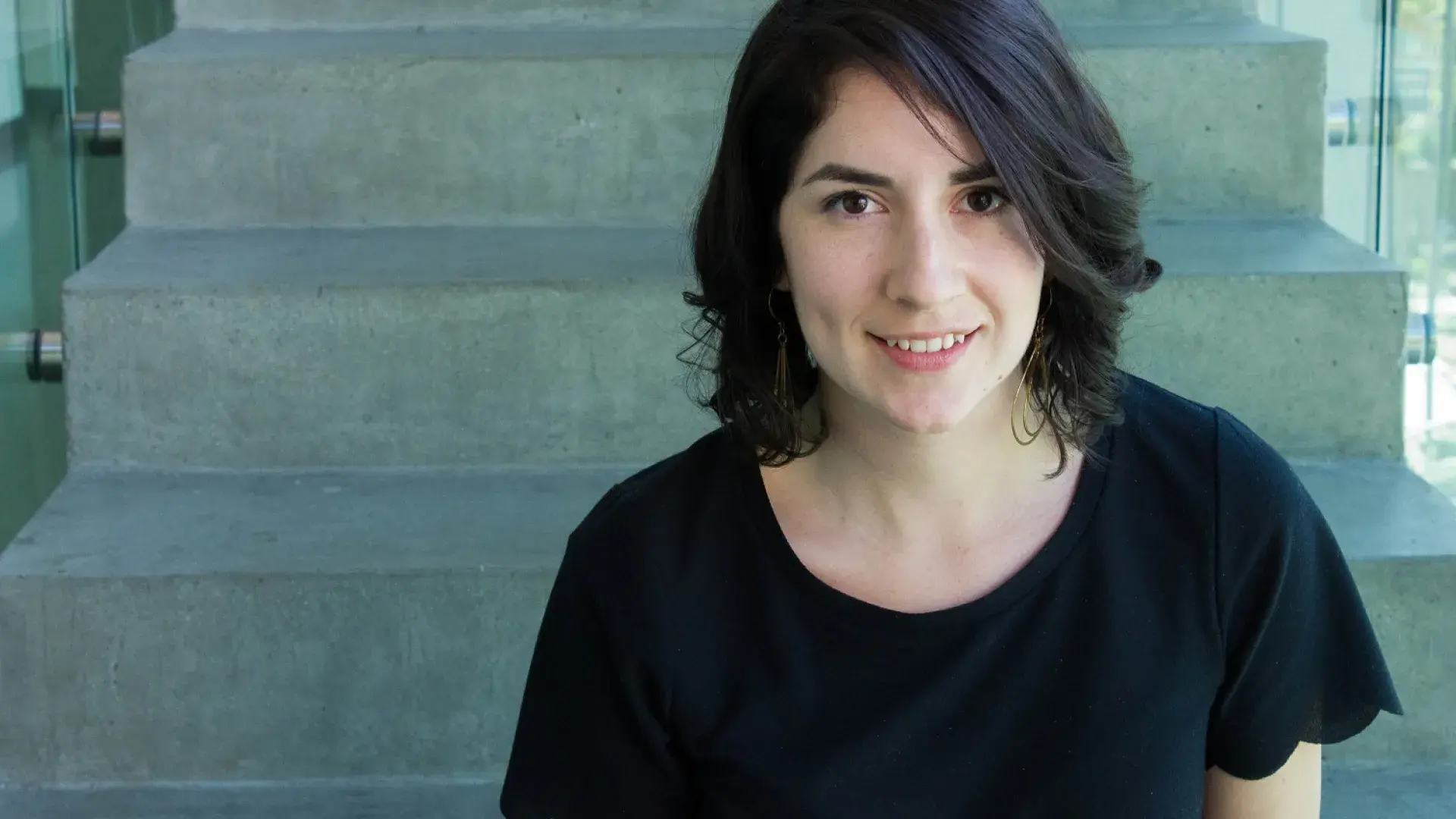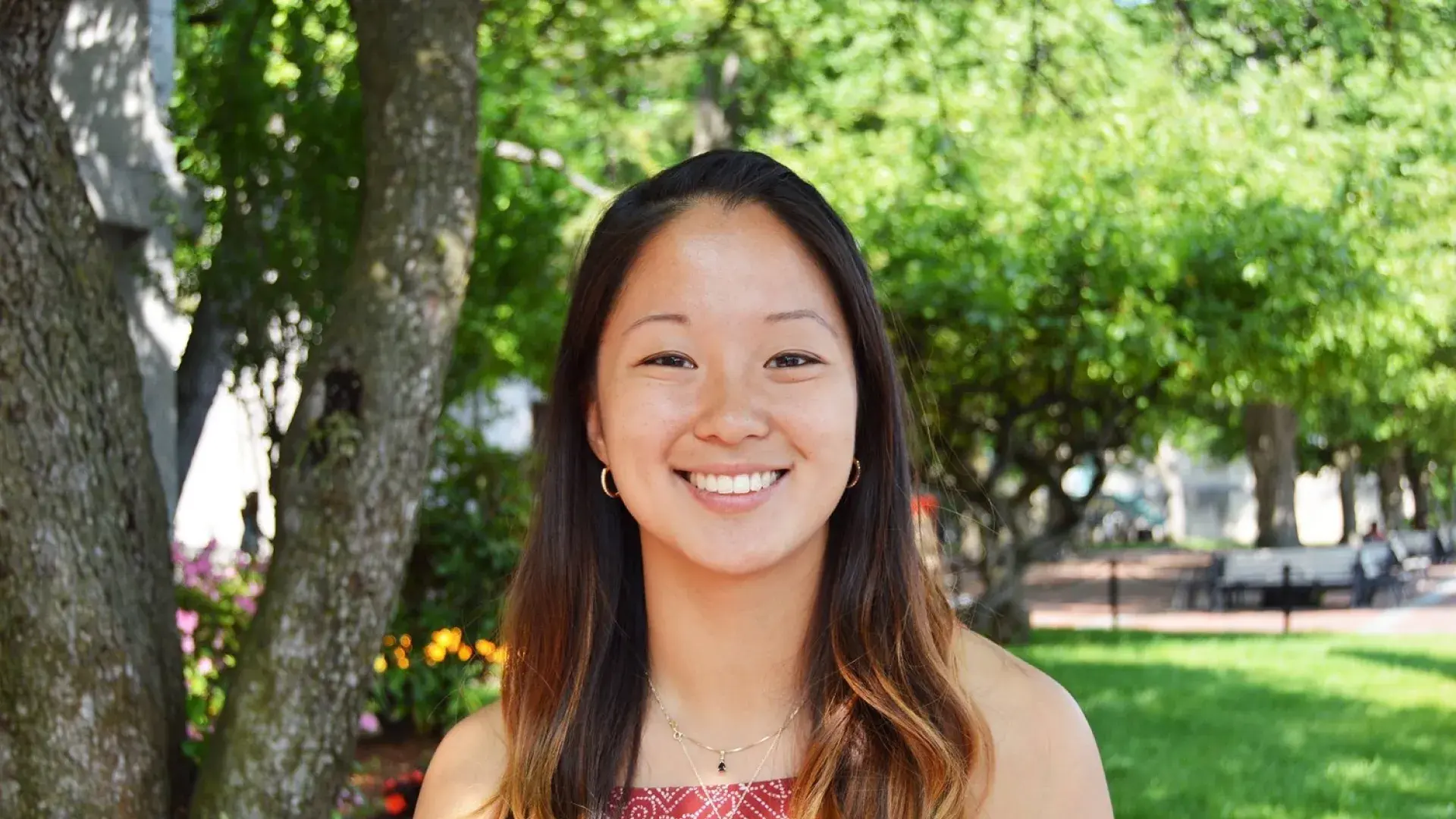
The MGH Institute’s commitment to justice, equity, diversity, and inclusion continues to be strengthened, thanks to the work of 10 new JEDI Fellows.
Empowering students to help put the MGH Institute’s commitment to diversity and justice into action is something Dr. Kimberly Truong has been working on for some time.
Truong, the executive director of the school’s Office of Justice, Equity, Diversity, and Inclusion (JEDI), had noticed the increase of student activism around racial injustice issues and wanted to tap into that passion and activism. Last spring, months before the Black Lives Matter movement made headlines, she took a first step by hiring two students for a pilot program. The students were provided with training and mentorship and charged to develop and facilitate workshops and programs on diversity, equity, and inclusion across campus.
“They learned a lot of content that they don’t learn in the classroom,” Truong says. “They covered theory and research on the experiences of marginalized and minoritized groups, they learned soft skills like how to have difficult conversations and how to engage in equity work when they face resistance.”
The fledgling initiative developed into the JEDI Fellows program. Ten students are now embedded into all of the school’s academic programs, working with faculty and staff to address equity issues, including curricula that often inadequately deal with how to treat patients of color. In addition to other measures her office has developed, the initiative’s intention is to build on the IHP’s continuing commitment to address all inequities and fully create a campus where students, faculty, and staff feel safe, respected, and able to contribute to its growth. What better way to do that than by having students be part of the effort?
“So often students who are Black, Indigenous, or people of color [BIPOC] end up teaching their schools about diversity issues, but their work isn’t recognized,” says Truong, who made sure the fellows are paid, in order to acknowledge the value of their work. “We wanted to change that.”
